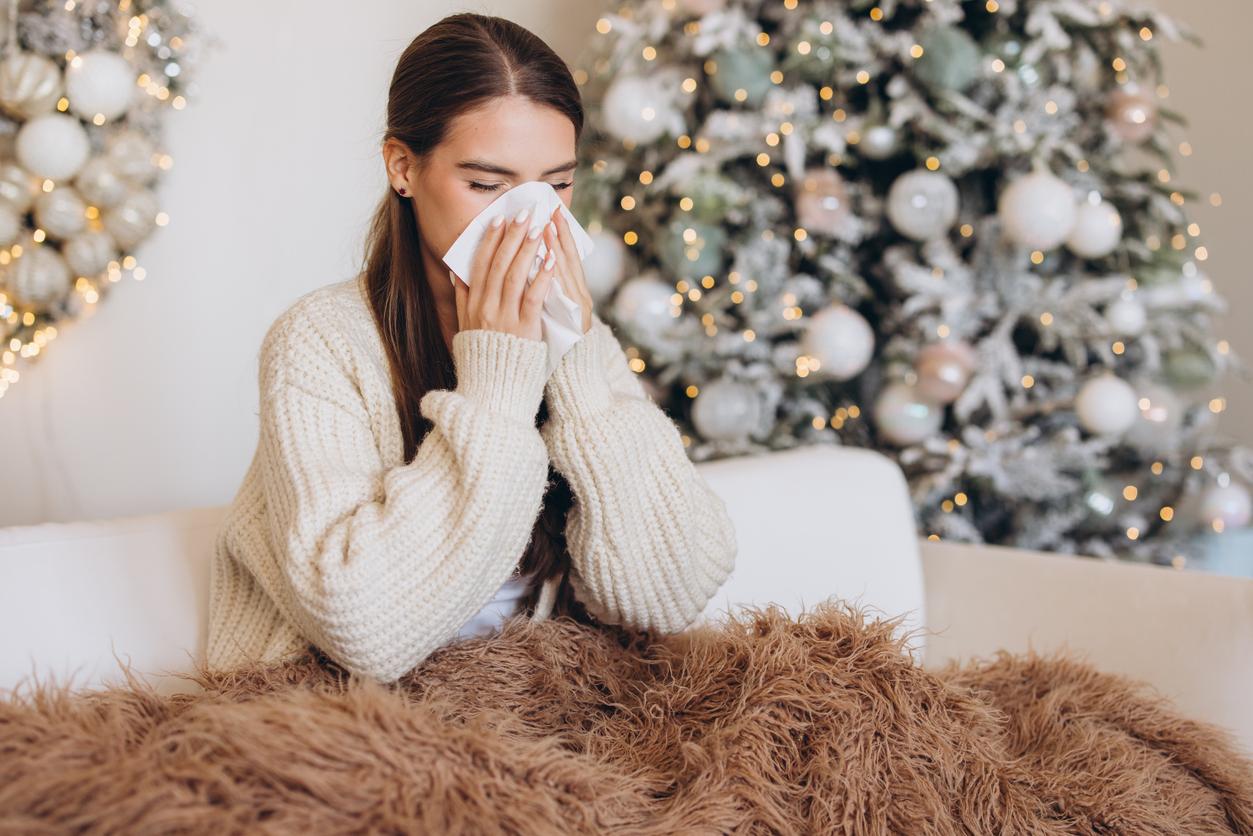The use of an air conditioner would not represent “a major risk” in the transmission of the coronavirus if the device has a high-performance filter and is well maintained.

- The priority remains, as far as possible, the ventilation of housing by opening windows to ensure the quality of indoor air or cool a room.
- For the air conditioner, the filter of the device must be efficient and well maintained.
- Fans should be banned since they promote the transmission of droplets in the room.
The high summer heat brings with it many questions about how to behave during an epidemic crisis. One of the main questions concerns air conditioners, potential vectors of transmission of Covid-19. A Chinese study, published last April, concluded that an epidemic outbreak could occur through the air due to air conditioning. Results immediately tempered by several French experts, specifying that if the air conditioner brews indoor air it is better to avoid it but if it circulates new air, coming from outside, then yes, you can turn on your air conditioner.
Air conditioners OK, fans not
In a study published this Thursday, July 23, Public Health France affirms that there is “no major risk” transmission of the coronavirus if an air conditioner is used to combat the heat. The priority remains, as far as possible, the ventilation of housing by opening windows to ensure the quality of indoor air or cool a room. If the use of an air conditioner appears necessary, the health agency wants to be reassuring. She explains that there is no major risk of transmission of Covid-19, if the filter of the device is efficient and well maintained, whether for collective type air conditioners or mobile air conditioners in individual dwellings. .
Public Health France notes that what poses the most problem are the ventilators. They will project and spread the contaminated saliva droplets throughout the room. “The use of a fan in a room in the presence of several people, some of whom are contagious, makes the viral load homogeneous in the room”, advances the health agency. On the other hand, outdoor foggers can be used since the contaminated saliva droplets will be diluted by the humid fog that it spreads. The risk of SARS-CoV-2 contamination is “unlikely”, according to Public Health France, if the water used is “sanitary correct”. Regarding aerosols, “there are no studies proving human-to-human transmission of the virus over long distances”, notes the agency. However, “the risk cannot be excluded, in an infected patient room or in enclosed spaces away from emitting patients”.
The heat-coronavirus link in question
The link between high temperatures and the spread of the virus has not been demonstrated. “In the current state of knowledge and given the limited level of evidence of available studies, it is not possible to confirm with certainty the specific influence of meteorological parameters on the transmission of SARS-CoV-2”, confirms Public Health France. An American study presented on April 23 by the government estimated that high heat and UV rays could weaken the virus. However, the current trend of a slight rebound in the epidemic in France suggests that this link is not obvious.

.














